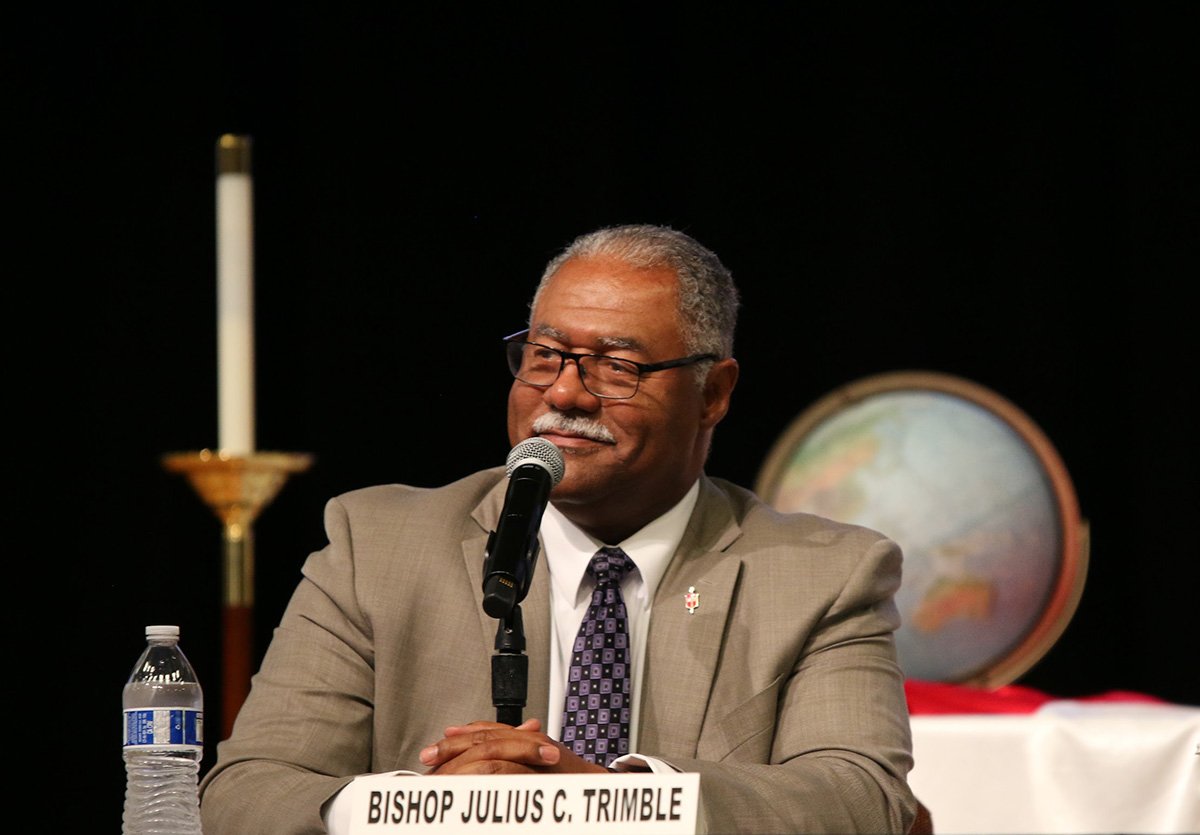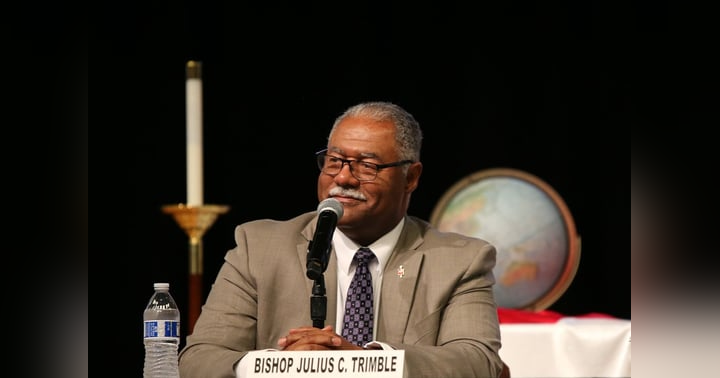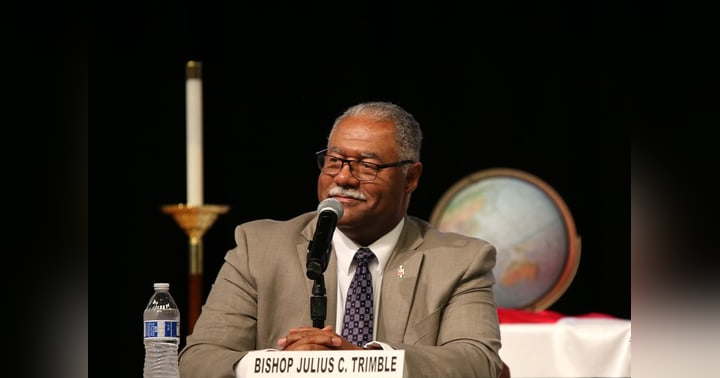Finding Hope Amid Violence: Key Lessons from Bishop Julius C. Trimble

This episode of the To Be Encouraged podcast with Bishop Julius C. Trimble and host Rev. Dr. Brad Miller dives deep into the heartache and the heavy realities of gun violence and societal unrest gripping the United States. Despite the sobering subject matter, Bishop Trimble consistently pivots toward hope, urging listeners to embody peace in a world fraught with division and tragedy.
As senseless acts of political violence and daily gun-related tragedies continue to cycle through the headlines, both speakers grapple with difficult questions: What is feeding this epidemic of violence? What can people of faith do to bring healing? Here are three key takeaways from this compelling and courageous conversation:
1. Violence Isn’t Just a News Story—It’s a Spiritual and Cultural Crisis
Bishop Trimble doesn’t mince words when describing America’s gun violence as a “cultural health issue,” noting that the proliferation of firearms has led to more guns than people in the nation. Both he and Dr. Miller lament the normalization of seeing firearms everywhere, with Trimble asserting, “Violence seems to be almost a daily news story. But it’s not just a news story. Families are devastated.” The discussion frames gun violence as not only a political issue, but as a deeply spiritual and cultural crisis—one that should prick everyone’s conscience, regardless of personal politics.
2. Isolation and Stigmatization Fuel the Crisis—Community Is Part of the Cure
The conversation shifts to address the loneliness and isolation faced by many perpetrators of violence, particularly young, disaffected men searching for purpose. Bishop Trimble warns against painting with too broad a brush, but points to how digital echo chambers, violent media, and lack of meaningful community engagement act as dangerous accelerants. Both speakers agree that faith communities—especially churches—must take an active role in breaking cycles of isolation, reaching out to the lonely, and being literal neighbors. As the Bishop urges, “We need to be interrupters of isolation as well as interrupters of violence.”
3. Peacemaking Is a Call to Action, Not Passivity
Perhaps the most thrilling part of the discussion revolves around the Christian call to make peace—not just to avoid conflict. Referencing theologian Miroslav Volf, Bishop Trimble says, “Theology is not only about understanding the world, but it’s about mending the world.” He challenges listeners to move beyond debate and empty outrage towards tangible acts of mercy, relationship-building, and advocacy for justice. The episode celebrates those who refuse to give in to despair, highlighting the importance of interfaith and cross-cultural relationships and calling on all people—including faith leaders—to “be the love of Jesus in real time, in real places.”
Final Thoughts
While this episode doesn’t shy away from naming the pain and scale of our societal crises, it resonates with hope. Bishop Trimble’s message is clear: profound change comes not just from words, but from determined, everyday acts of respect, compassion, and peace-building. His encouragement to “never grow weary in well-doing” is a practical invitation for all of us to embody love and become menders of our fractured world.
For listeners overwhelmed by recent tragedies, this episode of To Be Encouraged offers more than just comfort—it’s a spiritual rallying cry to rise above despair and actively practice peacemaking.




